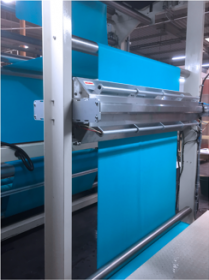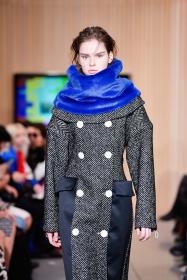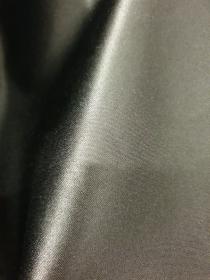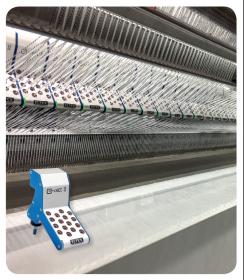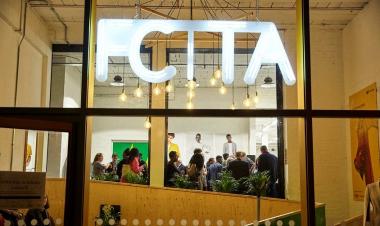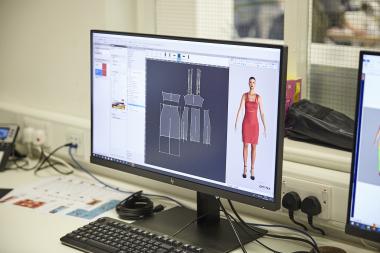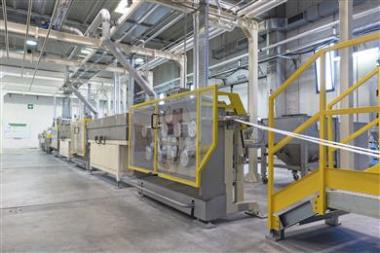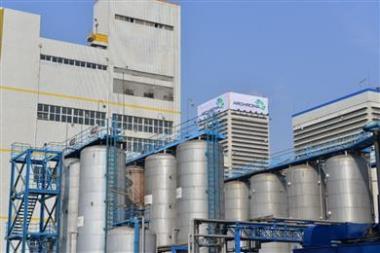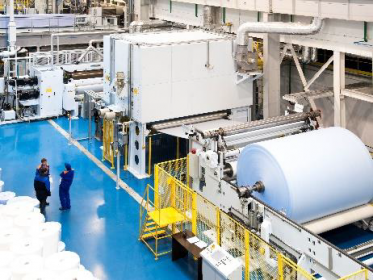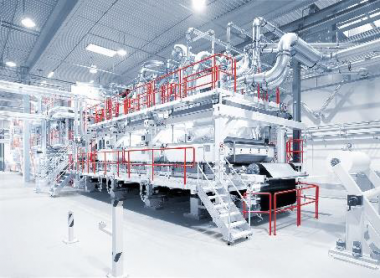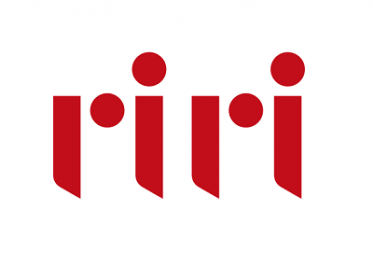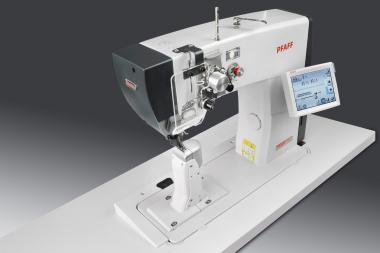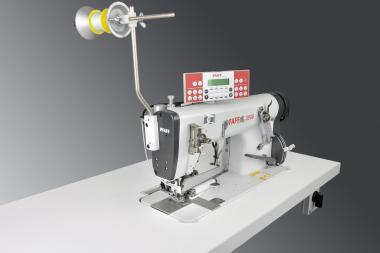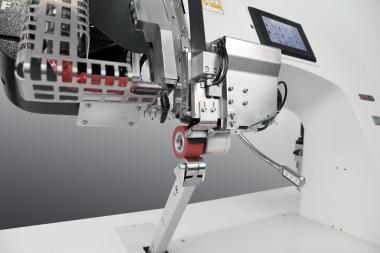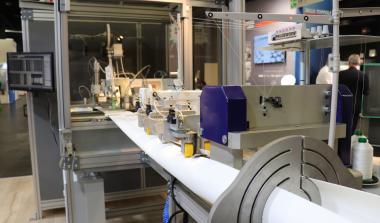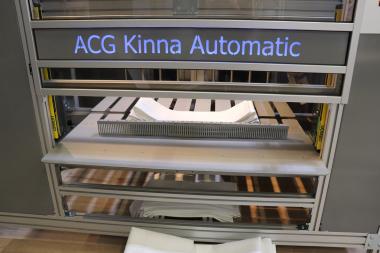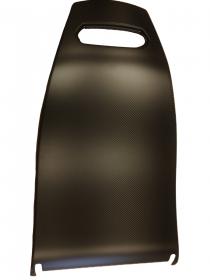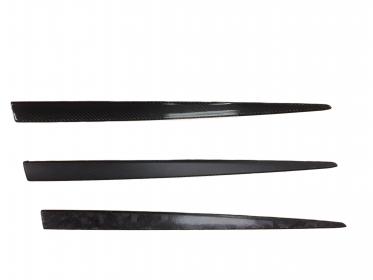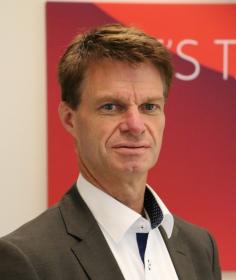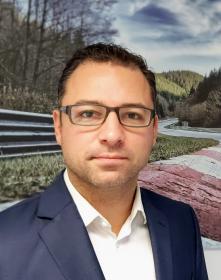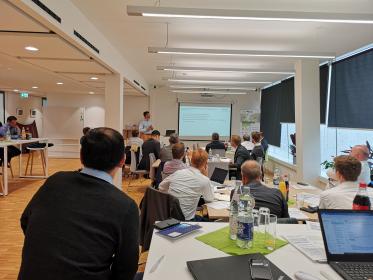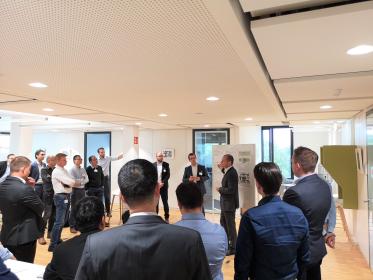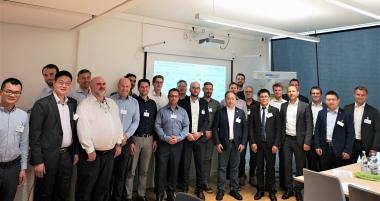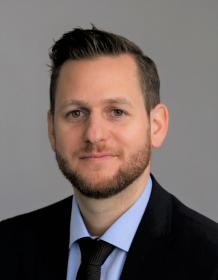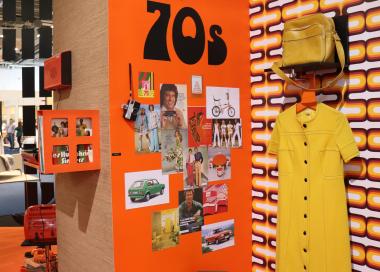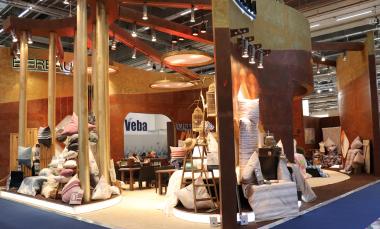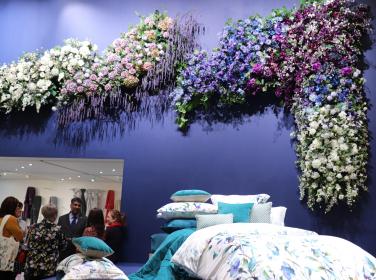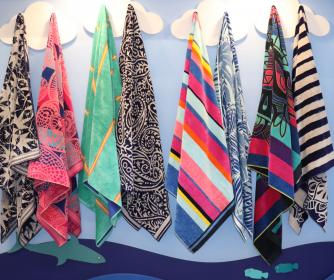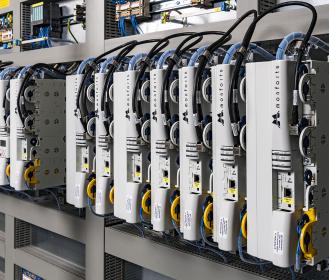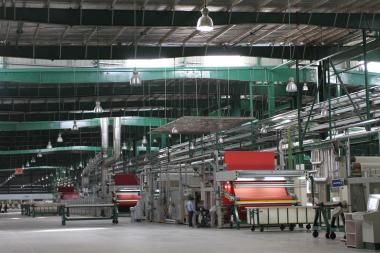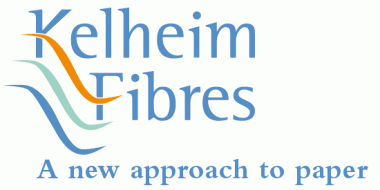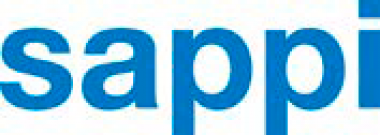Baldwin to introduce TexCoat G4 fabric finishing system at Techtextil North America
Non-contact precision spray technology enhances productivity, sustainability and process control
Baldwin Technology Company Inc. has announced that it will showcase the TexCoat G4 non-contact precision spray fabric finishing system at the Techtextil North America tradeshow, held from May 12 to 14, 2020, in Atlanta (booth #3048).
With extensive sustainability benefits, unprecedented tracking and process control, and industry 4.0 integration, the TexCoat G4 provides consistently high-quality fabric finishing, with no chemistry waste, as well as minimal water and energy consumption.
Baldwin’s innovative non-contact spray technology eliminates chemistry dilution in wet-on-wet processes. The TexCoat G4 consistently and uniformly sprays chemistry across the fabric surface and applies it only where needed, on one or both sides of the fabric. Customers can expect no bath contamination during the finishing process, as well as minimal downtime during changeovers, which are made easy with recipe management that includes automated chemistry and coverage selection.
The TexCoat G4 also enhances sustainability by wasting no chemistry during color, fabric or chemistry changeovers, and because only the required chemistry volume is applied to the fabric, wet pick-up levels can be reduced by up to 50 percent—leading to 50 percent less water and energy consumption. Furthermore, in single-side applications, drying steps can be eliminated for various textiles, including those that are back-coated and laminated, thereby streamlining and simplifying the production process.
Baldwin
Baldwin


